Strategies for Overcoming Meth Withdrawal Symptoms

Methamphetamine withdrawal is a challenging phase that involves both physical and psychological symptoms, including fatigue and depression. Understanding these symptoms and their impact on recovery is crucial for those who are undergoing the withdrawal process. This article explores effective coping strategies and treatment options to manage the fatigue and depression associated with meth detoxification.
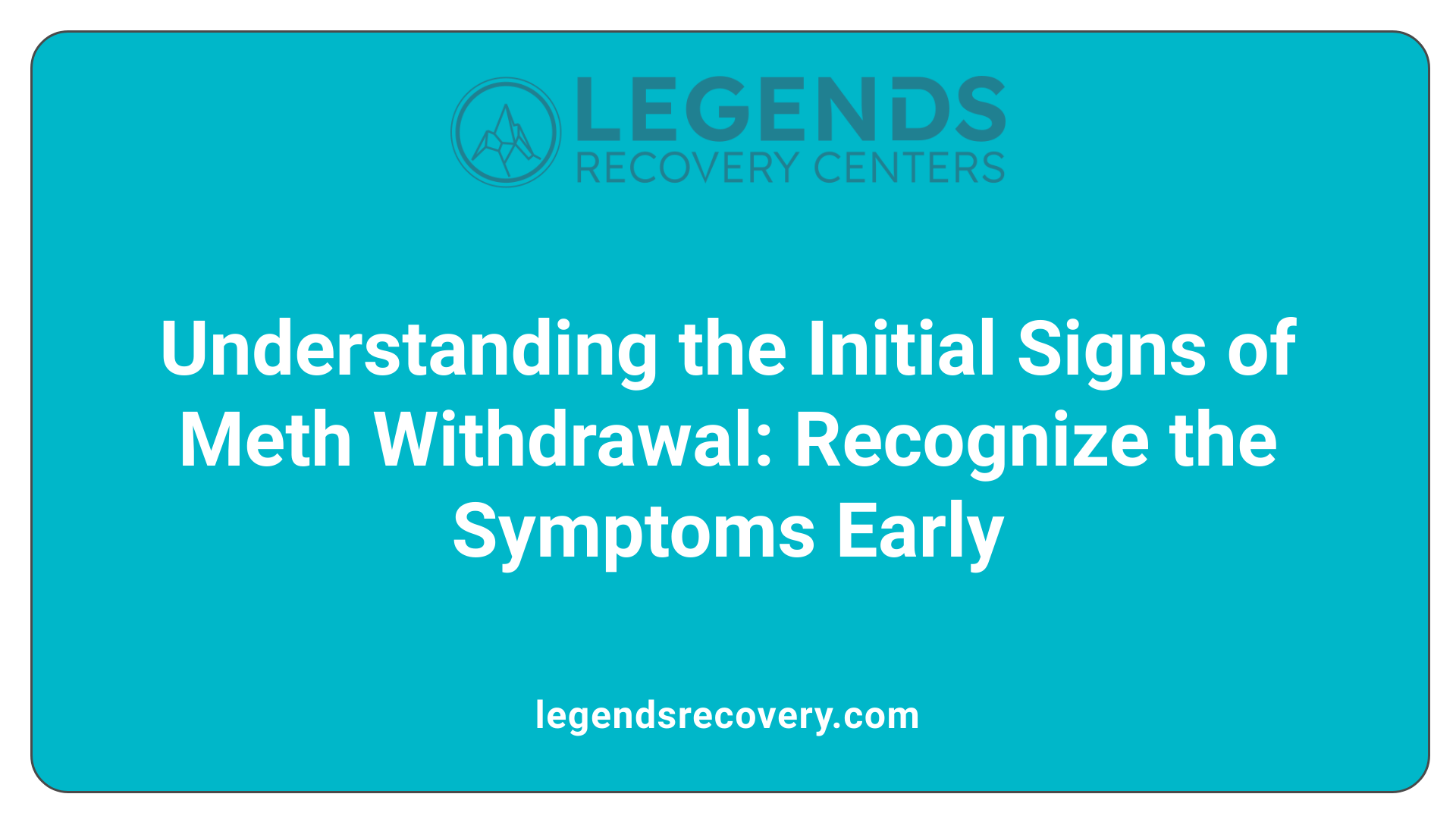
Withdrawal from methamphetamine can begin within 24 hours after the last dose. Early signs often include:
The timeline for meth withdrawal often follows a distinct pattern:
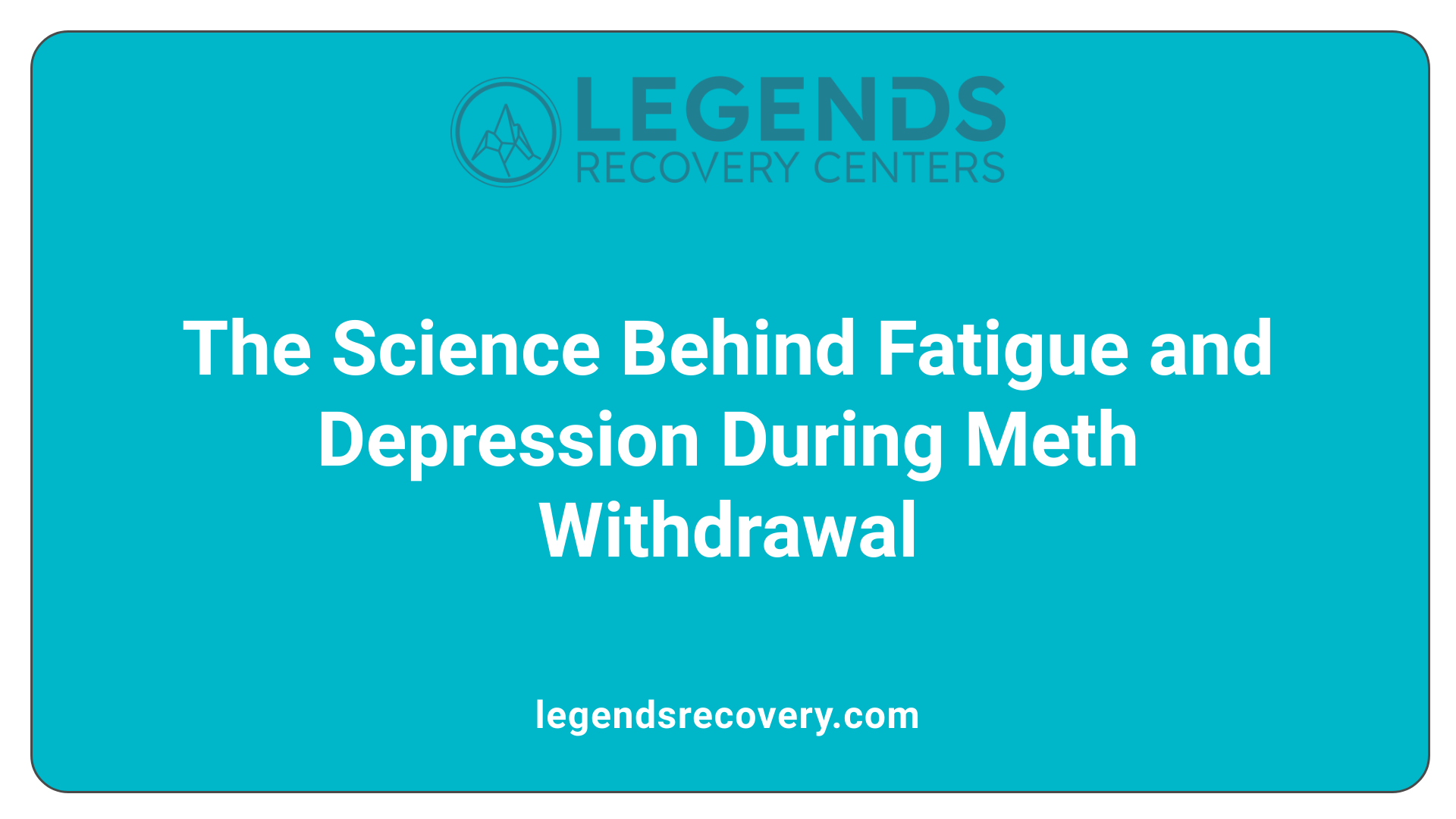
Methamphetamine significantly disrupts normal brain function. When individuals use meth, it causes a large release of neurotransmitters, particularly dopamine, which is the brain's pleasure chemical. This leads to extreme feelings of euphoria while using the substance; however, prolonged use alters the brain’s chemical balance.
Upon cessation, the levels of dopamine drop sharply, resulting in a range of withdrawal symptoms including intense fatigue and severe depression. These symptoms often peak within days of stopping use. Recovery becomes challenging, as the emotional lows experienced during withdrawal can complicate overall wellbeing, necessitating adequate hydration, nutrition, and support systems to help manage these critical symptoms.
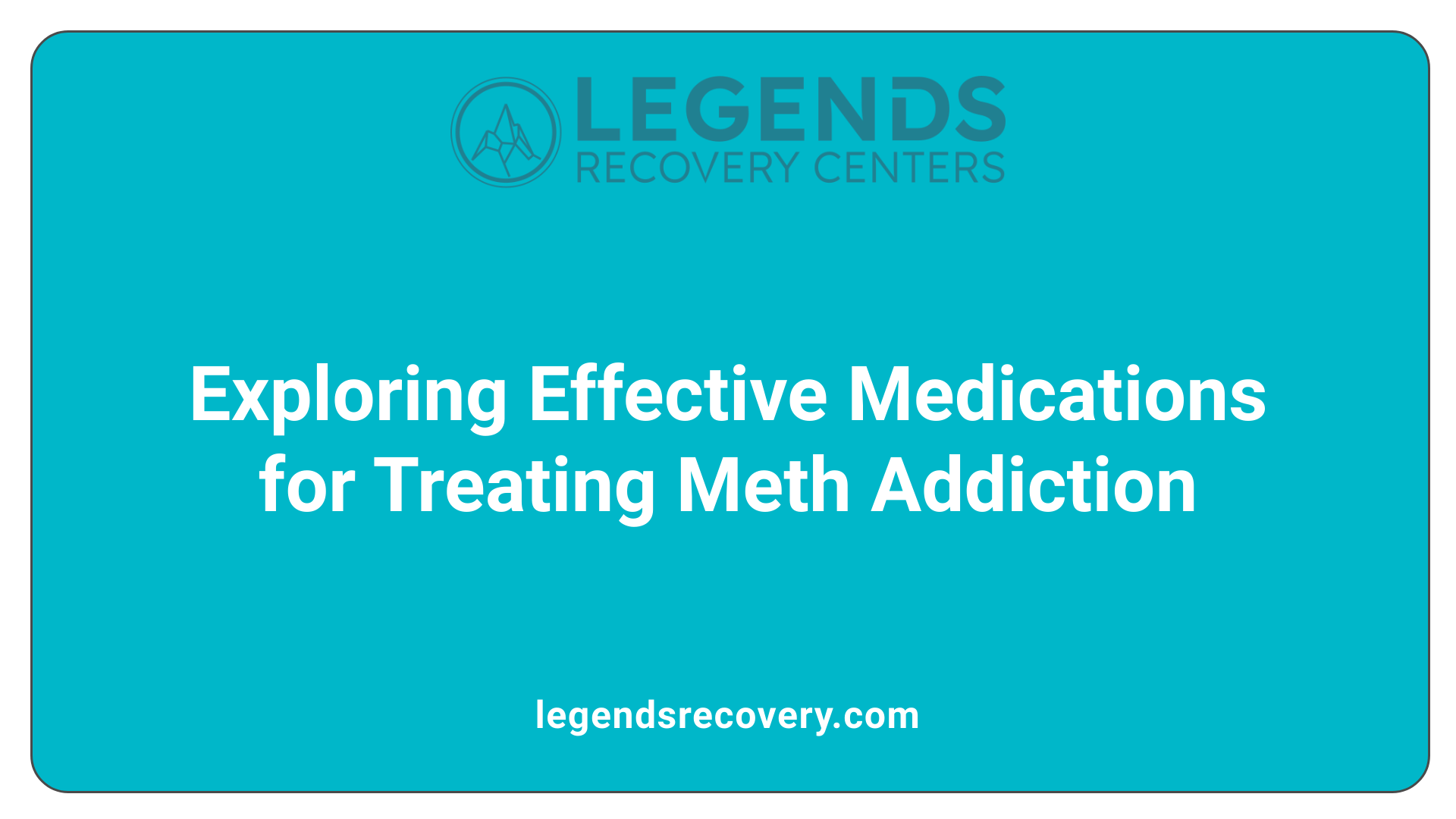
Medications used in treating methamphetamine addiction include a few notable options that show promise based on clinical trials. Modafinil, often used for narcolepsy, may help alleviate some withdrawal symptoms and reduce cravings. Bupropion, an antidepressant, has also demonstrated effectiveness in reducing meth cravings and is particularly beneficial in addressing co-occurring depression.
Naltrexone, typically used to treat alcohol and opioid dependence, presents results that suggest it could help with meth addiction as well. Notably, combining bupropion with naltrexone has yielded success in managing meth dependence, though this combination is still pending FDA approval.
Agonist replacement therapies using d-amphetamine and methylphenidate show promise too, but both are not FDA-approved for treating meth addiction due to potential misuse risks.
While medications are under research for effective treatment options, they are not yet FDA-approved for methamphetamine use disorder. Therefore, behavioral therapies are the cornerstone of treatment approaches today. They are essential in helping individuals develop coping strategies, address psychological issues associated with addiction, and sustain recovery efforts. Therapies such as Cognitive Behavioral Therapy (CBT) can significantly aid in the recovery process by focusing on changing negative thought patterns and behaviors.
In summary, while the search continues for effective medications, behavioral therapies are critical in supporting recovery from meth addiction, helping to fill the current treatment gaps.
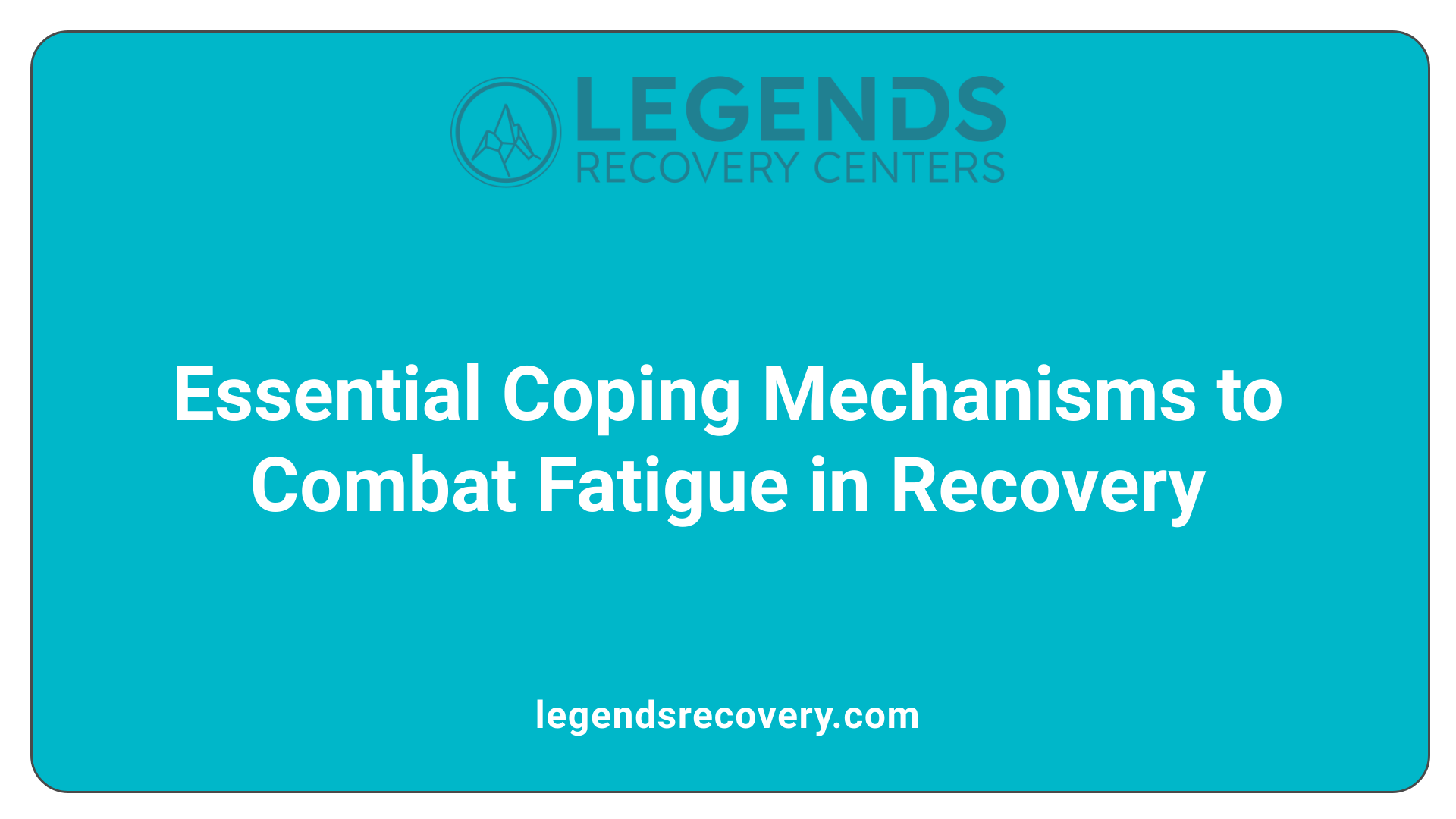
Engaging in self-care routines is vital for managing fatigue during recovery from methamphetamine withdrawal. Incorporating restful activities can greatly assist in alleviating feelings of exhaustion. Simple practices like mindfulness meditation can provide mental clarity and reduce stress, ultimately improving mood and energy levels.
Additionally, regular exercise is a superb way to enhance overall well-being. It can boost energy through the release of endorphins and also help with sleep regulation, which is often disrupted during detox. Striving for a nutrient-rich diet is also beneficial; foods high in whole grains, fruits, vegetables, and lean proteins can provide necessary energy while helping to address potential nutritional deficiencies.
Proper hydration is essential when coping with fatigue post-detox. Dehydration can intensify fatigue and impair cognitive function, making it critical to drink plenty of water throughout the day.
Moreover, establishing a consistent sleep schedule is key. Quality sleep during recovery not only aids in restoring energy levels but also supports the healing of the brain from the effects of meth withdrawal. Fostering these healthy habits can make a significant difference in energy restoration and overall recovery outcomes.
Experiencing depression after meth withdrawal is common and often very challenging. Individuals may encounter severe feelings of sadness, anxiety, and fatigue, all stemming from significant drops in brain dopamine levels. Managing these psychological symptoms involves recognizing their presence and seeking effective coping strategies. Regular exercise can boost mood through endorphin release, while maintaining hydration and proper nutrition replenishes essential neurotransmitters. Engaging in yoga or mindfulness meditation can also aid in managing stress and cravings, promoting mental clarity.
Therapeutic interventions, such as cognitive-behavioral therapy (CBT), are vital for addressing post-meth depression. CBT can help individuals identify triggers for meth use and develop healthier coping mechanisms. Building a solid support network is crucial; involvement in support groups, like Narcotics Anonymous, provides shared experiences and understanding. For those facing persistent or severe depression, exploring medication options with a psychiatrist is advisable. Support systems, including friends and family, play a significant role in recovery, fostering an environment conducive to healing.
Proper nutrition plays a vital role in mitigating the withdrawal symptoms experienced during meth recovery. To combat fatigue and depression, a well-balanced diet rich in whole grains, fruits, and vegetables is crucial. These foods help replenish essential vitamins and maintain serotonin levels. It's also beneficial to include probiotic-rich foods to support gut health, as this can impact mood regulation. Staying well-hydrated supports cognitive function and reduces fatigue, emphasizing the importance of water intake throughout the recovery process.
Engaging in physical activity can significantly enhance the recovery experience. Regular exercise, especially aerobic activities, releases endorphins that improve mood and reduce symptoms of depression and anxiety. Even light activities such as walking or yoga can help, as they promote overall well-being and improve sleep quality. Establishing a consistent exercise routine not only helps combat fatigue but also boosts energy and fosters a sense of accomplishment, essential in overcoming the challenges of meth withdrawal.
A robust support network is crucial for individuals recovering from methamphetamine addiction. Family and friends can provide emotional strength and motivation, helping to combat feelings of isolation often experienced during withdrawal. Regular communication and encouragement can alleviate the profound sadness and anxiety that accompany this challenging time.
Additionally, support groups such as Narcotics Anonymous can offer a community of individuals who understand the struggles associated with meth detox. Sharing experiences in a peer-supported environment can significantly improve mental well-being.
Seeking professional help is equally essential in supporting recovery. Medical detox programs provide supervised care to manage severe withdrawal symptoms, ensuring safety and comfort during detoxification. Therapists specializing in addiction can implement behavioral therapies tailored to address co-occurring mental health issues.
By participating in regular counseling sessions and considering medications like antidepressants, individuals can better manage lingering symptoms of fatigue and depression post-detox. This dual-diagnosis approach fosters holistic recovery, addressing both addiction and the emotional challenges that surface during recovery.
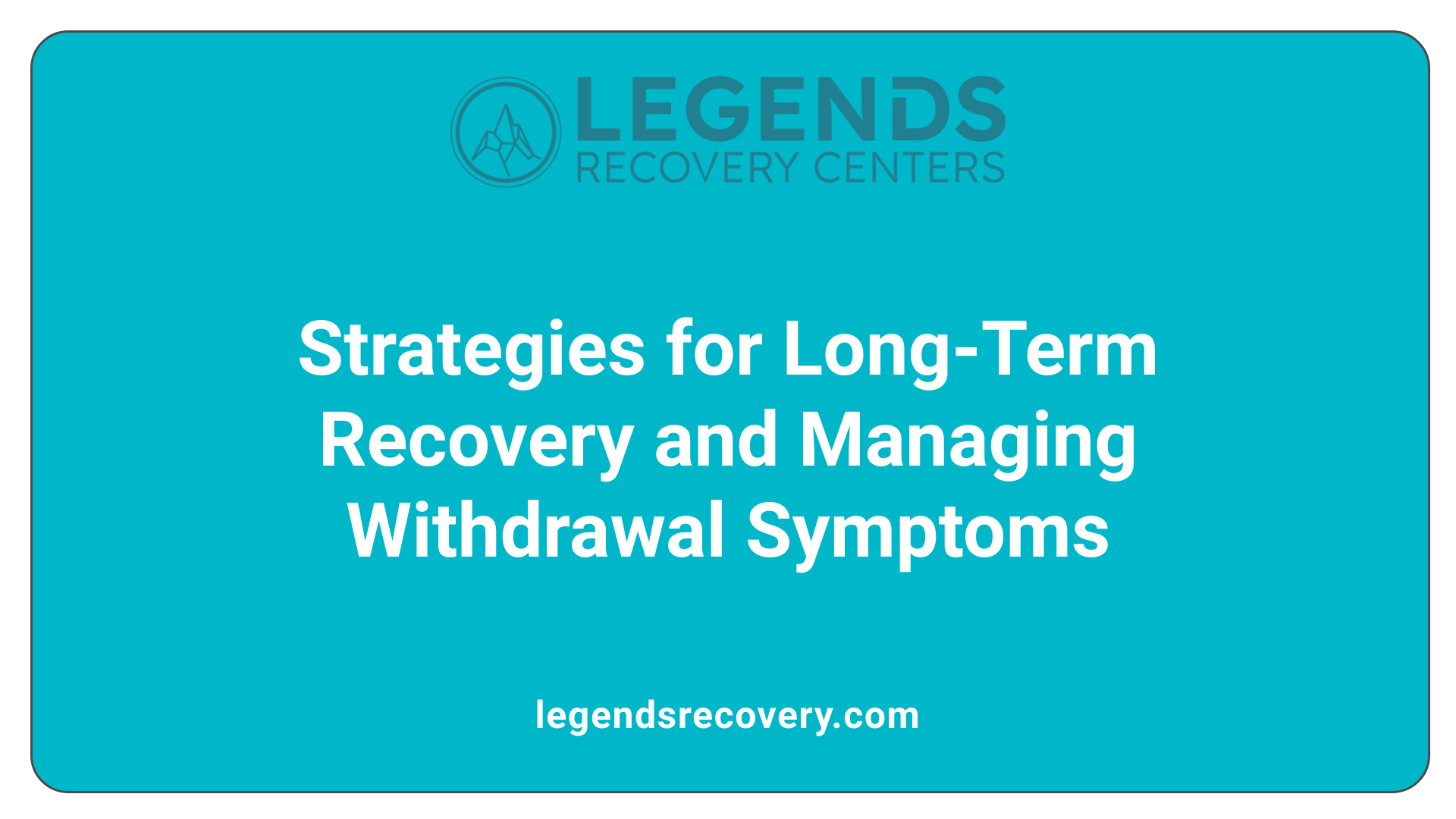
Post-acute withdrawal syndrome (PAWS) can present lingering symptoms, such as fatigue and depression, months after traditional detoxification ends. It's crucial for individuals to acknowledge that these symptoms may be part of their recovery journey. Persistent low energy can exacerbate feelings of sadness, but understanding that such experiences are common can provide some comfort. Regular check-ins with healthcare providers and mental health professionals can ensure that individuals receive the necessary support and interventions.
Maintaining long-term sobriety involves implementing effective coping strategies. Following detox, hydration and nutrition must be prioritized, as a balanced diet with whole foods supports brain recovery. Regular exercise enhances mood and energy levels by increasing endorphins. Seeking social support through peer groups, like Narcotics Anonymous, fosters a sense of belonging and helps mitigate feelings of isolation that often accompany recovery.
Mindfulness practices, such as meditation, can also be beneficial in managing anxiety and cravings. Using therapy methods—like cognitive-behavioral therapy—addresses underlying psychological challenges, which is critical for maintaining focus on sobriety. Finally, establishing a restorative sleep routine can significantly aid recovery from fatigue, underpinning both physical and emotional resilience.
Dopamine receptors typically begin to recover within a few weeks of discontinuing meth use. This early phase of recovery is critical because it marks the body’s initial response to the absence of methamphetamine. Over the next few months, particularly within the first 90 days of abstinence, individuals may notice improvements in their dopamine function and receptor sensitivity. However, the recovery timeline is not uniform. Some might witness significant recovery within a few months, while for others, it may take years until their dopamine receptor levels and functionality fully restore.
Several factors influence how quickly and effectively dopamine receptors recover. These include:
The recovery of dopamine receptors is crucial for restoring mood and cognitive functions. As dopamine levels stabilize, individuals often experience gradual improvements in mood, reduced feelings of depression, and enhanced cognitive processing. However, during the initial withdrawal phase, many individuals may struggle with intense fatigue and emotional challenges, emphasizing the importance of support systems and therapeutic interventions during recovery.
Complementary and alternative therapies can play a crucial role in supporting individuals recovering from meth addiction. Mindfulness practices, such as meditation, focus on cultivating present-moment awareness, helping individuals manage cravings and reduce feelings of anxiety and depression. Through mindfulness, recovering users can learn to observe their thoughts and emotions without judgment, fostering a greater sense of control over their mental wellness.
Holistic therapies address the mind, body, and spirit, acknowledging the interconnectedness of these aspects during recovery. This integrative approach can enhance overall well-being, making it easier for individuals to cope with the residual psychological symptoms post-detox, such as fatigue and low mood.
Some examples of alternative practices that can benefit those in recovery include:
| Therapy Type | Description | Benefits |
|---|---|---|
| Yoga | Combines physical postures, breathing techniques, and meditation. | Promotes relaxation, reduces stress, and boosts mood. |
| Acupuncture | Involves inserting thin needles into specific body points. | May reduce anxiety, enhance mood, and alleviate cravings. |
| Music Therapy | Uses music to foster emotional expression and healing. | Helps process emotions, reduces stress and anxiety. |
| Nutritional Therapy | Focuses on balanced diets rich in whole foods and essential nutrients. | Supports physical health, boosts energy, and combats depression. |
Integrating these therapies with traditional treatment methods can create a comprehensive recovery plan, helping to manage both the psychological and physical challenges faced during and after meth detox.
The journey through meth detoxification is fraught with challenges, particularly the pervasive fatigue and depression that accompany withdrawal. By understanding the symptoms and employing a comprehensive approach that includes medication, therapy, lifestyle changes, and strong support networks, individuals can navigate this difficult path more effectively. Recovery is a long and ongoing process, but with the right support and strategies, overcoming meth addiction is possible.